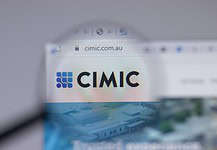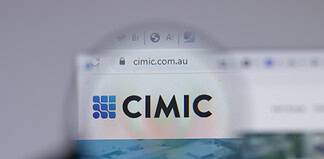AN international research team, led by Australia’s Monash university, has pioneered a new lithium filtration technique that could change energy production drastically.
The synthetic Metal-Organic Framework (MOF) membrane can filter lithium ions dramatically faster and uses a highly selective technique, promising a 90pc lithium recovery rate.
The study has presented its findings in the prestigious Nature Materials journal, illustrating the way in which MOF channels mimic the “ion selectivity” of biological ion channels embedded within a cell membrane.
University of Texas McKetta Department of Chemical Engineering, Professor Benny Freeman, said that thanks to the international, interdisciplinary and collaborative team involved in this research, new routes to very selective separation membranes are being discovered.
“Based on this new research, we could one day have the capability to produce simple filters that will take hours to extract lithium from brine, rather than several months to years,” he said.
CSIRO and Monash University Associate Professor Matthew Hill said that the findings are important for enabling electric vehicles and grid integration of renewable energy sources.
As the majority of Australia’s lithium is produced from the mineral spodumene, the potential for speedier extraction of this new technique will boost exploration and production for Australia’s lithium mining companies.








































